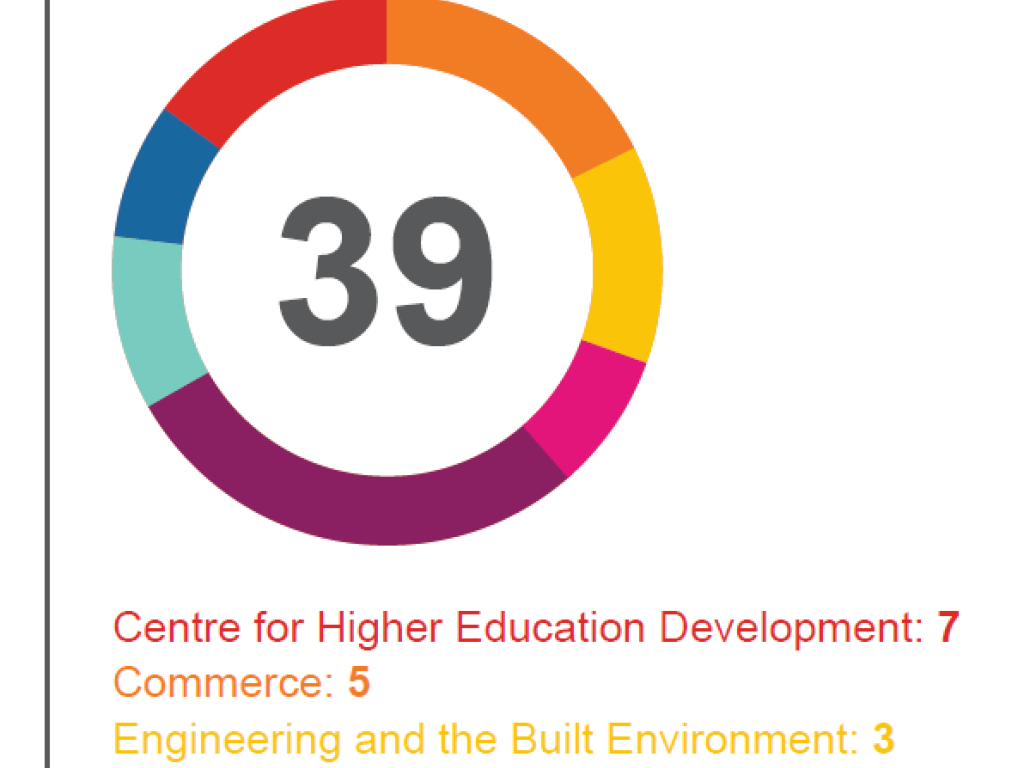Open Textbook Landscape Survey Report: What’s Happening at UCT?

To date, at least 39 open textbooks have been published by UCT academics. Within this collection, there is considerable variance in terms of the kinds and formats of resources produced.
These are some of the findings from the DOT4D Open Textbook Landscape Survey Report: University of Cape Town, which presents insights into the open textbook publishing environment at the University of Cape Town (UCT).
As the first open textbook initiative at UCT, the Digital Open Textbooks for Development (DOT4D) project undertook a landscape survey to gain a sense of current open textbook production and publication activity taking place within the university. The aim of the landscape survey was also to produce an openly licensed baseline dataset on open textbook activity that can be utilised in further research and advocacy activity.
The landscape survey utilised a desktop review approach combined with selective consultation with key boundary partners in order to produce a comprehensive list of open textbooks published at UCT. The resources identified were then analysed in order to gain a sense of the different approaches adopted in terms of resource classification, disciplinary dynamics, quality assurance, format, and external publisher partnerships.
The process was first conducted in 2019 at the start of the DOT4D project, and was repeated in 2021 at the end of the project. Two detailed spreadsheets which capture details of the resources identified in the survey were produced as part of this process (2019 and 2021).
In its synthesis of this process, the report focuses on key features of open textbooks published at UCT in the period 2010–2021. The report delivers insights into the trickiness of defining open textbooks, the widespread evidence of quality assurance with these textbook production processes, and the phenomenon of having multiple versions across multiple platforms. It also highlights the fact that most of the resources captured in the survey are still published in PDF format.
Although open textbook production is confined to small pockets within the institution and unevenly distributed across faculties, the survey reveals growing interest from UCT academics to experiment with new forms of textbook production that better meet the needs of their students.
